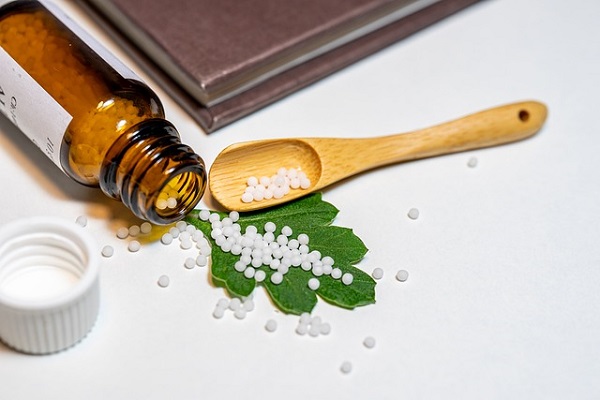Q: Can homeopathic treatments be used alongside allopathic treatment; also, can we use homeopathy to self-treat at home?
— JR, Bhubaneswar
A: The old, or traditional homeopathic, view was they should not be used together, because homeopathy believes in the theory of suppression — through the use of certain conventional, or modern drugs. For example, a cold, suppressed by modern medicine, may lead to asthma. Likewise, the application of steroidal creams can suppress a skin eruption, and lead to flare-ups, or other unrelated illnesses, because the underlying factors, the real cause of the problem, or toxins, are not naturally expelled. Homeopathic remedies remove such flagrant mechanisms from the inside out — and, not merely at the superficial level.
Today, there is agreement that some ‘life-supportive’ conventional medicines can lead to drug-dependence. For example, hypertension and diabetes. Homeopathy can complement modern medicine in such cases. The idea is to use the two together — and, gradually reduce the dosage of conventional medications. This is like ‘weaning,’ not stopping the conventional medicine completely.
There’s clinical evidence to support the view that complementary medicines work better with homeopathic remedies in controlling high blood pressure and diabetes. Homeopathy has also been shown to be a useful adjuvant therapy in post-operative care, or after bypass surgery, too. The homeopathic Arnica montana is a remedy of choice in either situation.
Homeopathy can also play a balancing role. In cases that require hormone replacement therapy [HRT], but where patients are not suitable for HRT, because they have had hysterectomies for malignancy, homeopathy is useful.
Homeopathy ‘At Home’
Homeopathic medicines do not require a doctor’s prescription. They are widely available over-the-counter [OTC] in different forms: dilutions, mother tincture, tablets, or as speciality products. They are safe for home use.
The one big question is about how to choose and use the right remedy, in the right potency, for a given problem. Yet another issue is whether, or not, to use the many combinations, or homeopathic speciality remedies, that are sold over-the-counter [OTC]. A little tutoring about the use of homeopathic remedies at home can go a long way, especially in acute conditions, or as first-aid.
What’s more, there are a host of educational opportunities available online and in books on homeopathy. This is a useful first step, although it is imperative for one to seek the guidance, or advice, of a professional homeopath, because it is not always easy to decode the subtleties of a corresponding homeopathic remedy, or an illness that may not quite show on the surface, but may be waiting to explode from deep within.

